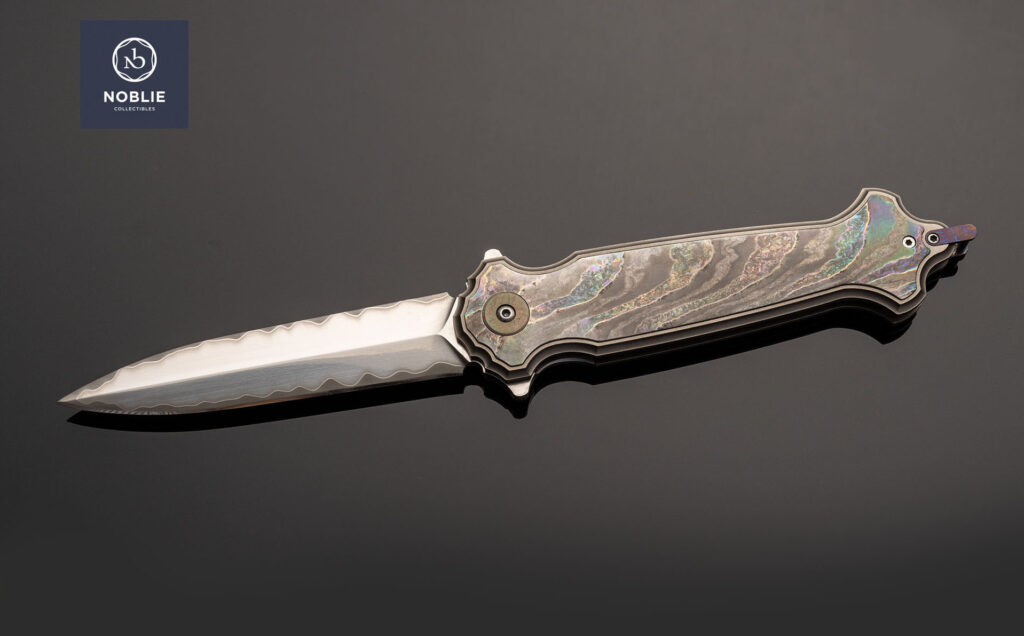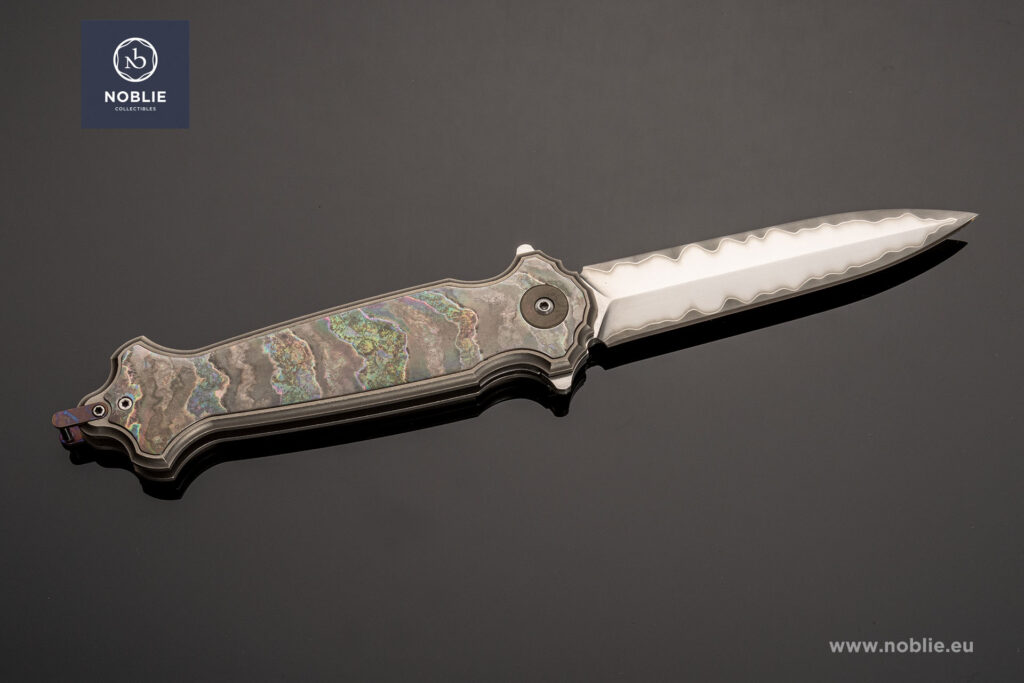What You Need to Know Before Ordering Custom Knives Online
Understanding U.S. knife laws is essential for enthusiasts and collectors. These laws vary by state and locality, aiming to ensure public safety and reduce crime. Awareness of these regulations helps prevent legal issues and promotes responsible knife ownership.
Legal Requirements for Knife Ownership in the U.S.
U.S. knife laws differ significantly across states. Generally, it is legal to own most types of knives, including folding knives, fixed blades, and automatic knives, in many states. However, some states have restrictions on blade length, automatic knives, and concealed carry. Checking local laws is vital before purchasing or carrying a knife.
Age Restrictions and Identification Requirements
In most states, there are no federal age restrictions for owning knives, but some states have specific regulations. For example, California prohibits the sale of certain knives to minors, while other states may require age verification for purchasing certain types of knives, especially automatic ones. Retailers often voluntarily implement age checks to promote responsible ownership.
Types of Knives That Are Legal to Own
While the laws vary, most states allow the ownership of folding knives, fixed blades, and even switchblades. However, certain knives like ballistic knives, dirks, and daggers may face more stringent regulations. It’s crucial to check the specific legal definitions and restrictions in your state before making a purchase.
Regulations for Purchasing Knives Online
When buying custom knives online in the U.S., the process is less regulated than in other countries, but there are still important considerations. Some states require online retailers to verify the buyer’s age, especially for restricted knives like switchblades. Additionally, buyers should be aware of their state’s import and carry laws to avoid legal complications.
Delivery Rules and Safe Shipping Practices
U.S. laws generally do not impose stringent regulations on the delivery of knives. However, responsible retailers ensure knives are securely wrapped and placed in sturdy boxes with protective sheaths. While adult signatures are not typically required, it’s good practice to ensure that the package is received by someone responsible.
Best Practices for Knife Owners and Buyers
Purchase knives from reputable retailers who comply with state and federal laws. Store knives securely to prevent unauthorized access, preferably in locked cabinets. When carrying knives, ensure they are properly sheathed and comply with local carry laws. Regularly review state and local knife laws to stay informed about any changes.
More Specific Information About Purchasing Custom Knives
Quando purchasing custom knives, understanding specific legal considerations is crucial. Custom knives, often handcrafted and unique, may incorporate materials or features subject to additional regulations. For instance, certain exotic materials might be restricted or require special permits. Moreover, custom designs that include automatic opening mechanisms, double-edged blades, or concealed features may fall under stricter laws. It’s essential to research the laws in your state regarding the sale, possession, and carry of such knives. Additionally, when ordering from international makers, be aware of import restrictions and potential customs duties. Always verify that the knife complies with both federal and state regulations to avoid legal complications. Consulting with legal experts or knowledgeable retailers can provide clarity and ensure that your custom knife purchase is both legal and enjoyable.
Resources for Further Information and Legal Advice
For detailed legal information, visit state government websites or consult the American Knife & Tool Institute (AKTI). Legal advisory services can offer personalized guidance. Joining knife enthusiast forums or associations provides community support and updates on legal developments. Consulting with legal professionals can provide clarity on specific concerns regarding knife ownership and compliance.
By understanding and adhering to U.S. knife laws, collectors and enthusiasts can enjoy their hobby responsibly and legally.






